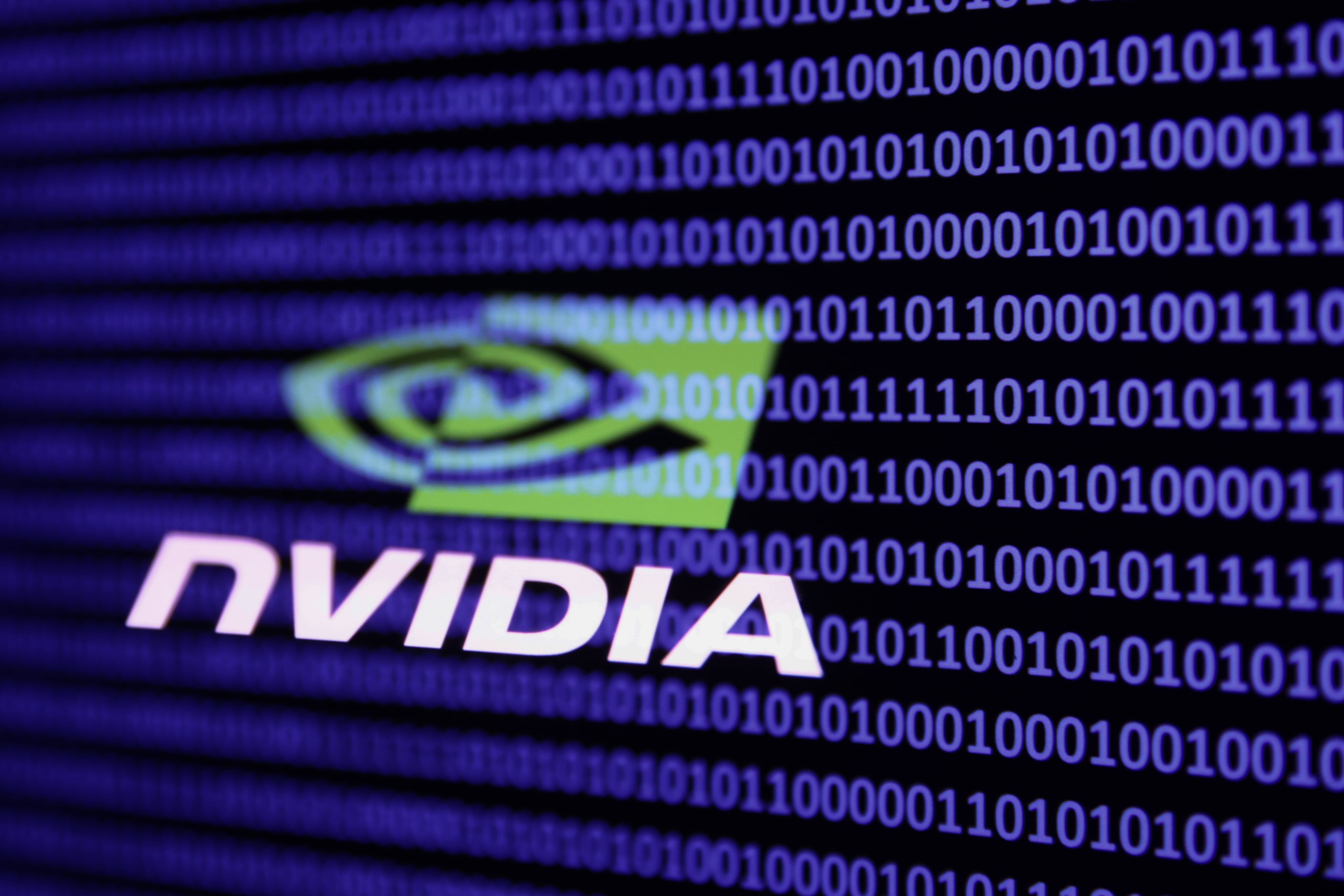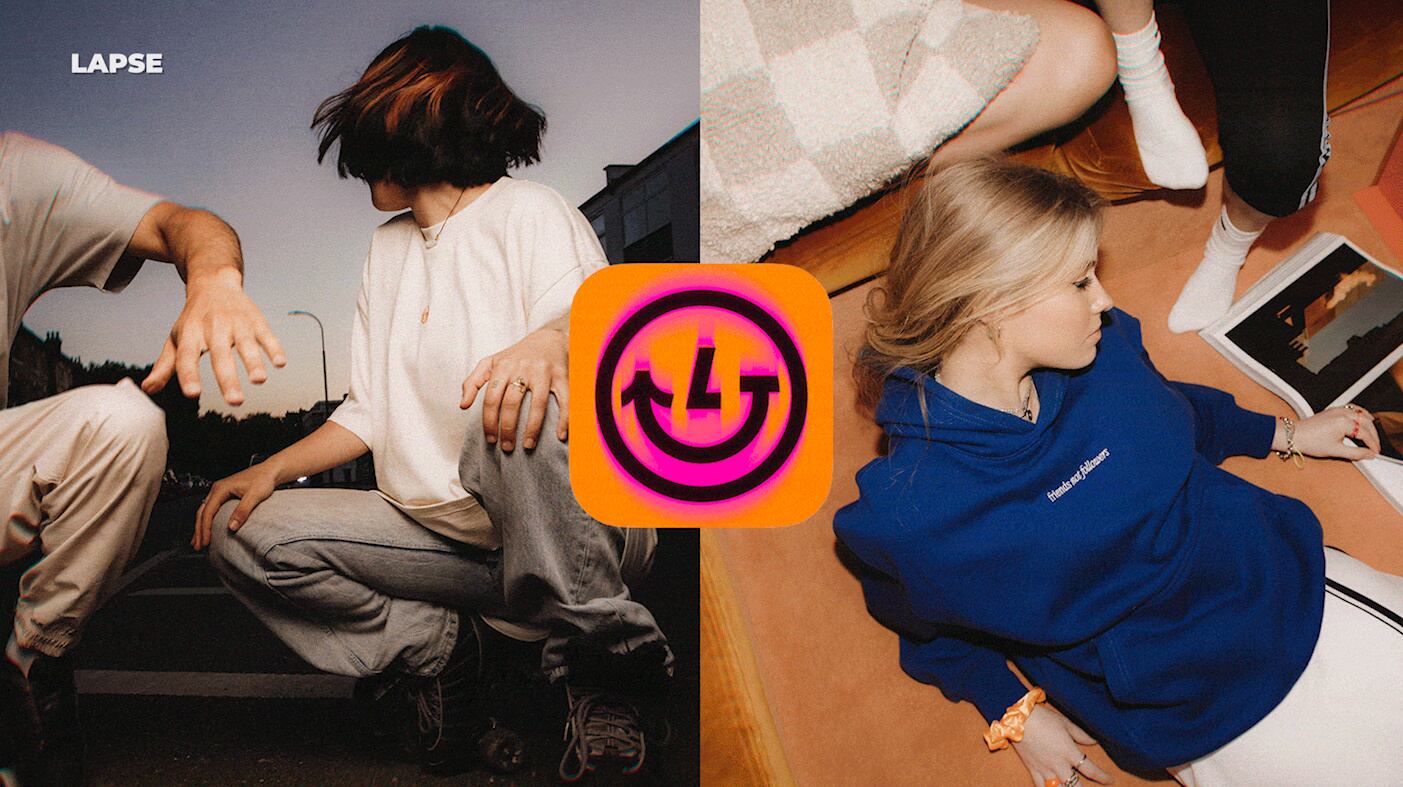*By Chloe Aiello* Vocera wants to get patients in and out of the hospital as quickly and efficiently as possible ー and it's using Star Trek-inspired, connected badges to achieve that ambition. "We believe that by delivering the right information to the right caregiver at the right point in time, we can really eliminate some of those frustrations and delays and interruptions ー and allow \[patients\] to have a more seamless path through the hospital," Vocera CEO Brent Lang told Cheddar Monday. Vocera produces badges that allow health care employees to communicate with each other and keep tabs on patients. Vocera announced on Monday the latest iteration of its badge, the Smartbadge, which has a larger touch screen capable of receiving more information, enables connectivity with as many as 140 clinical data systems, and features voice activation, among other functions. Central to the company's mission is Internet of Things ー or a series of Wi-Fi -connected smart devices. Lang said Vocera's badge, for example, can communicate with other smart devices to protect patients who have fallen from serious injury. For example, the badge can access a patient's medical records and detect when that patient is attempting to get out of certain smart beds. "If they lower the bed rail of their bed, it can send an alert to their nurse letting their nurse know the patient is trying to get out of bed and the nurse can rush into the room and assist the patient before they fall and break their hip," Lang said. But its latest aspirations aside, Vocera wasn't originally built for health care. Lang said the company's founders were inspired by Star Trek Communicator Badges, which allowed the fictional crewmembers to communicate with each other or their ships. Lang said Vocera's badges were designed for any industry in which employees are mobile and rely on time-sensitive information ー retail workers, power plant workers, or hospitality industry workers, for example. The badge developed a wide following in the health care business, an industry that runs largely on outdated legacy devices, like alphanumeric paging. "They create a lot of noise in the hospital environment ー they can be very disruptive for patients who are trying to sleep ー and they don't represent any kind of closed loop communication, so you don't really know whether or not the person you are trying to get ahold of has received your message and is ready and doing something about what you have asked them to do," Lang said. With IoT, Vocera aims to address many of those hitches and get patients healed and out of the hospital. "At the end of the day, the real goal is to get patients home and back with their family members as quickly as possible," Lang said.












